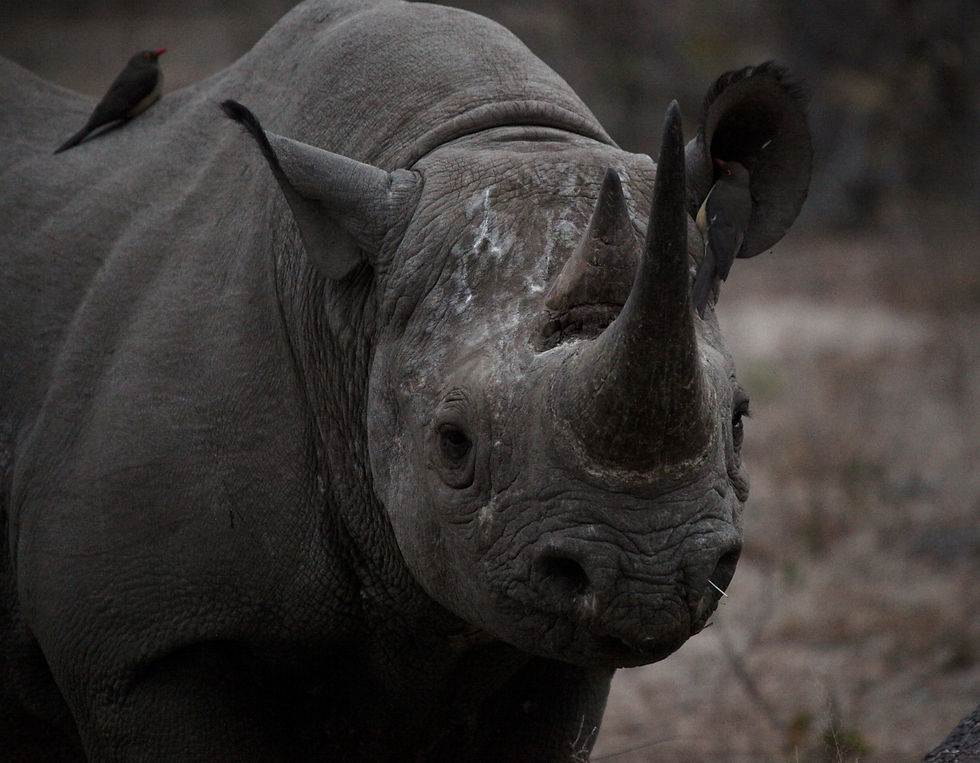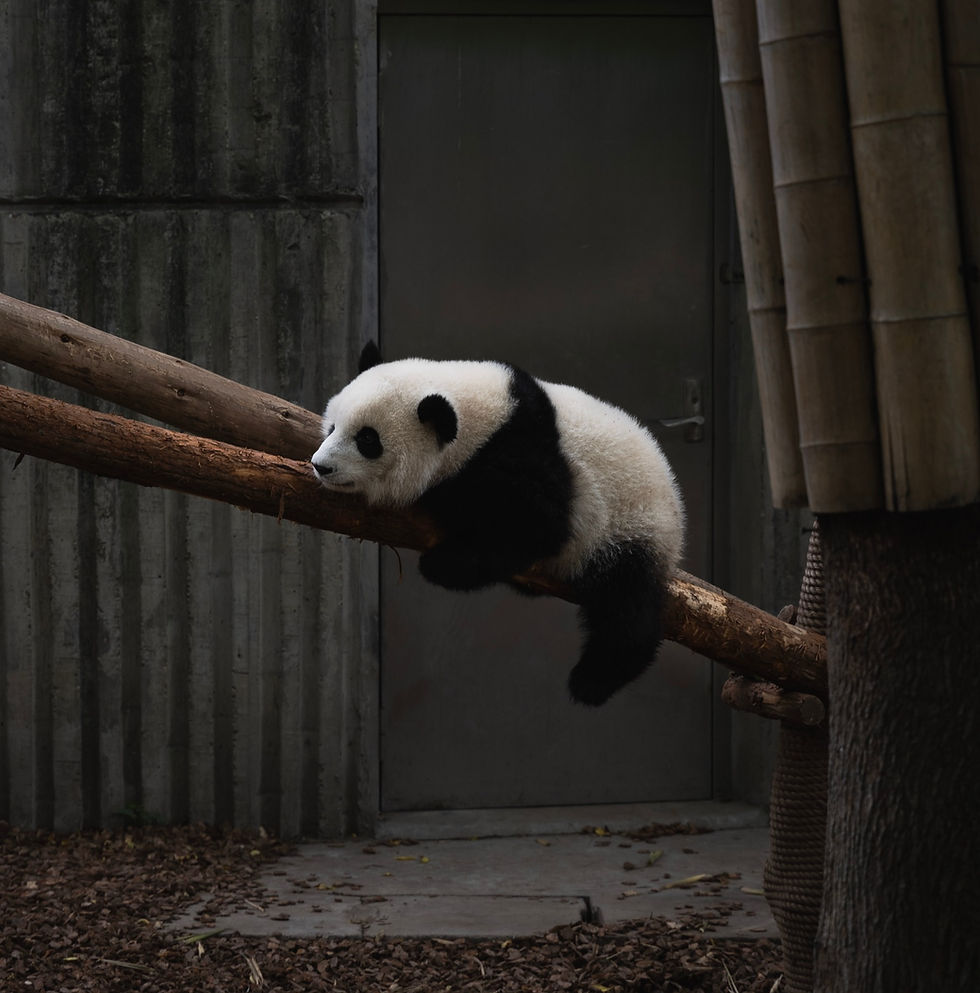Koalas Listed as Endangered Species
- Jonny Rogers
- Jun 6, 2022
- 3 min read
Jonny Rogers reports on the shocking decline of koala populations in Australia and how scientists, activists and local authorities are working to turn the tide.
Photo by Valeriia Miller
Koalas have been formally listed as an endangered species in three states, inviting activists and politicians alike to take urgent action in protecting this icon of Australian culture and ecology.
In 2020, the International Fund for Animal Welfare (IFAW), Humane Society International and WWF-Australia submitted a proposal to recognise the marsupial as an endangered species to the federal Threatened Species Scientific Committee. The decision, made in February this year, means that koala populations in Queensland, New South Wales and the Australian Capital Territory are now formally classified as endangered under the Environment Protection and Biodiversity Conservation Act (EPBC Act) 1999.
“This decision is a double-edged sword. We should never have allowed things to get to the point where we are at risk of losing a national icon. If we can’t protect an iconic species endemic to Australia, what chance do lesser known but no less important species have?” – Josey Sharrad, IFAW Wildlife Campaign Manager.
A Sharp Decline
The proposal to the Threatened Species Scientific Committee cited strong scientific evidence from Biolink, who reported that Queensland’s koala population has halved since the beginning of the century, with nearly 62% of the population in New South Wales declining in the same period. This devastation is consequent to a variety of factors, including prolonged drought, bushfires, diseases, urbanisation and habitat loss.
Over the past few years, Australia has witnessed the devasting ecological impact of climate change-related extreme weather events. An estimated three billion animals were either killed or displaced during the 2019-2020 bushfires, including 2.46bn reptiles, 180m birds, 143m mammals and 51m frogs – and thousands of koalas.
In late 2020, after a heatwave left the ground completely dry, another wildfire – most likely started by an illegal campfire – tore through Fraser Island, a UNESCO World Heritage Site and the world’s largest sand island. Even if creatures are not directly killed by these fires, such events can have a long-lasting impact, destroying habitats and reducing both the quality and quantity of the resources necessary for the survival and flourishing of native wildlife.
“The bushfires were the final straw. This must be a wake-up call to Australia and the government to move much faster to protect critical habitat from development and land-clearing and seriously address the impacts of climate change.” – Josey Sharrad.
Funding, Conservation and Cryopreservation
While the formal change in conservation status both affords assurance to committed eco-activists and promises a wake-up call for many others, it must be partnered with a holistic revolution in how the Australian population relates to and manages its environment. Thankfully, some have already begun to take action.
In January, it was announced that funds to protect, conserve and recover koala populations would increase by $50m over 4 years, in addition to the $18m conservation package announced in 2020. This investment includes $20m in grants for large recovery projects, $10m to extend the National Koala Monitoring Program, $10m in grants for small-scale community projects, £2m in grants to improve Koala health through applied research, and £1m to expand the national training program in Koala care.
Researchers from the University of Newcastle have suggested that ‘biobanking’ – the practise of using IVF technology to freeze koala sperm – might be essential in recovering the declining populations; a strategy that is, they claim, significantly cheaper than breeding captive koalas. In addition, 54 hectares of land have been transferred to the New South Wales National Parks & Wildlife Service for the creation of a new koala reserve in west Sydney, designed both to boost their habitat and facilitate wildlife movement across the state.
While these decisions and strategies might offer hope, the urgency of the situation cannot be unstated; little will be achieved if this research is not applied, if these grants are not fulfilled or if these promises are not delivered. As Alexia Wellbelove, Senior Campaign Manager for Humane Society International, reminds us:
“This uplisting is an urgent cue for governments to take a stand against the continued clearing of koala habitat. If business as usual continues, extinction is predicted for east coast koalas by 2050” - Alexia Wellbelove, Human Society International.
We are a not for profit socio-ethical impact initiative advocating for topics that matter, whilst supporting wider planetary change and acknowledgement. Support our journalism by considering becoming an advocate from just £1.















Comments